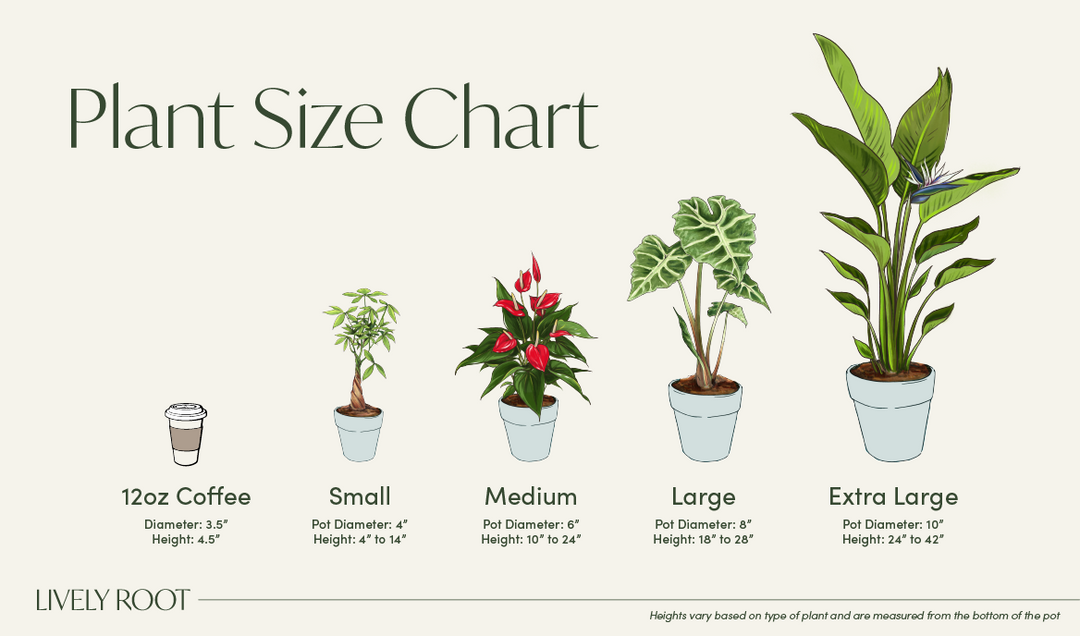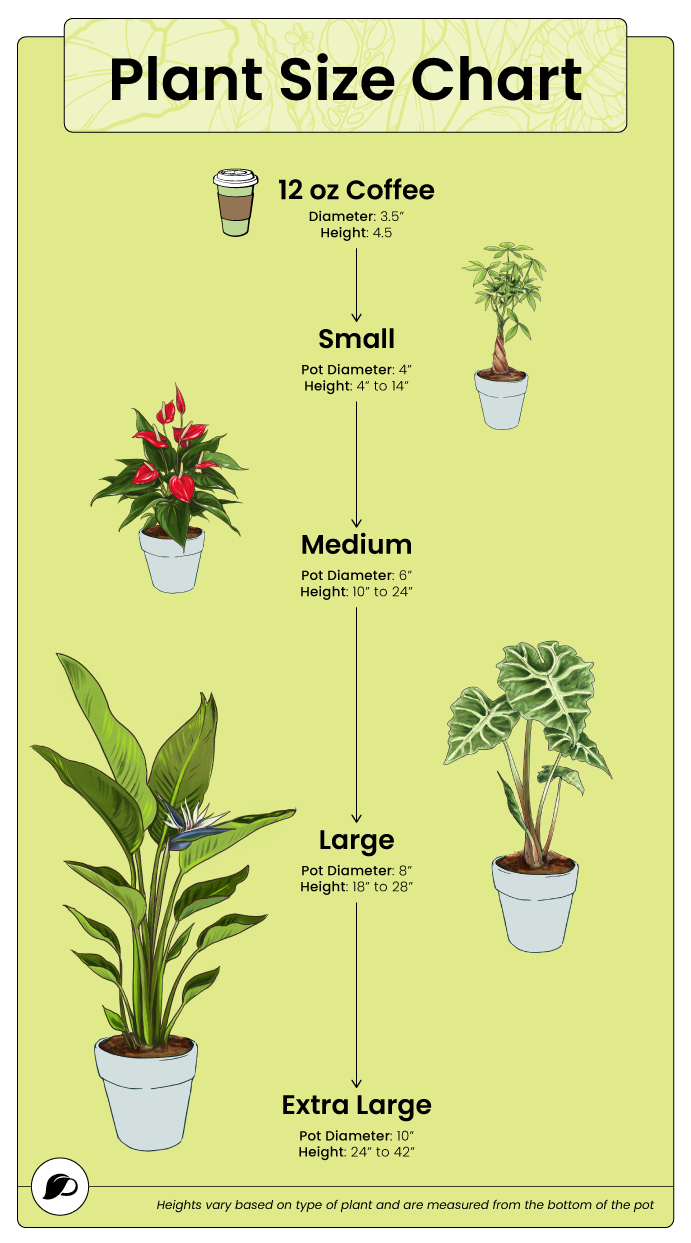Gift Card Balance
Enter the code below to redeem your gift card

The Pomegranate Bush (Punica granatum) is a vibrant, sun-loving plant known for its glossy green foliage and distinctive red-orange flowers, which give way to the iconic pomegranate fruit. A member of the Lythraceae family, it originates from the Mediterranean and Middle Eastern regions and is suited for hardiness zones 7-10.
Reaching a mature height of 6-10 feet, this bush can thrive as a large shrub or small tree. With moderate care needs, it is relatively low-maintenance and prefers full sunlight for optimal fruit production. The pomegranate is often associated with fertility, abundance, and prosperity and is non-toxic to pets, making it a safe choice for pet-friendly households.
The Pomegranate Bush is a moderately easy-care plant that flourishes in sunny, warm conditions. With proper attention to its basic care needs, it can thrive in both garden and container settings.
Once established, the Punica granatum plant is relatively drought-tolerant but performs best with regular watering. Keep the soil evenly moist during the growing season, allowing the top layer to dry between waterings. These bushes can tolerate lower humidity levels, making them well-suited to drier climates.
As a sun-loving plant, the pomegranate bush requires full sunlight - at least 6-8 hours per day for optimal growth and fruit production. It prefers warm temperatures and can withstand high summer heat, though it may need protection if exposed to frost, especially in regions colder than zone 7.
Plant in well-draining soil enriched with organic matter, as pomegranates do not tolerate water-logged roots. They prefer a slightly acidic to neutral pH. For container-grown pomegranates indoors or outdoors, repot every 2-3 years to refresh the soil and support growth.
Apply a balanced fertilizer in spring and again in mid-summer to promote strong growth and fruiting. Prune lightly to shape and remove dead or overcrowded branches, ideally in late winter or early spring. Clean the leaves occasionally to remove dust and allow maximum light exposure.
Propagate pomegranates via cuttings in early spring, as they root easily in warm soil. Watch for common issues, such as leaf yellowing, often due to overwatering, and aphids, which can be managed with insecticidal soap. Proper care and monitoring will help ensure a healthy, productive plant.
The ornamental Pomegranate Bush makes a versatile addition to gardens and patios, providing both beauty and fruit. Its sun-loving nature makes it ideal for outdoor spaces where it can flourish in full sunlight.
Pair the pomegranate Punica granatum with these companion plants to create a diverse and harmonious garden environment:
Consider these alternatives, available on Lively Root for a similar blend of beauty and garden interest.
Bring home the beauty of the Pomegranate Bush. Order yours from Lively Root today and enhance your garden with vibrant color and fruit!
Follow us @livelyroot & show us your #livelyroot plants

